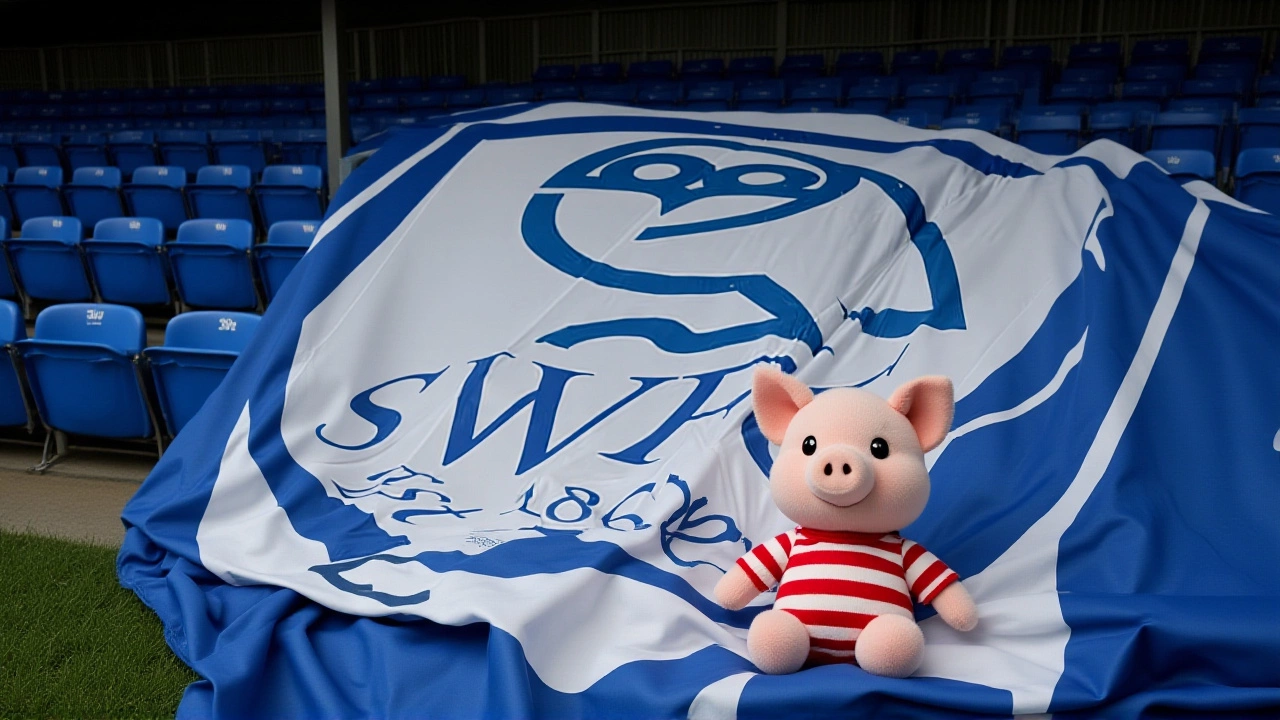Premier League Promotion Explained
When talking about Premier League promotion, the process that lifts clubs from lower tiers into England's top flight. Also known as top‑flight promotion, it matters to anyone who follows the season's twists and turns. Premier League promotion isn’t just a ladder; it’s a high‑stakes race where points, goal difference, and even a single referee call can decide a club’s future. This is why fans keep a close eye on the promotion table, the fixture list, and the ever‑present controversy surrounding video‑assistant referees.
Key players and the tools that shape the race
One of the most talked‑about tools in modern football is VAR, the video‑assistant referee system used to review crucial decisions. VAR can turn a winning goal into a disappointment in an instant, which in turn can swing a club’s promotion chances. A recent example came when Fulham’s late strike against Chelsea was ruled out after a VAR review, sparking a heated debate about the technology’s impact on promotion battles. Newcastle United, the Tyneside side fighting for a return to the Premier League felt that exact sting when a debutant’s header secured a narrow win, tightening their grip on the promotion spots. Both clubs illustrate how a single moment—whether aided or denied by VAR—can push a team up or pull it down the ladder.
The promotion race itself can be seen as a distinct entity. Promotion race, the competition among clubs to finish in the top positions that grant promotion demands consistent point accumulation, a solid defense, and the ability to win matches under pressure. Teams that master these attributes often climb quickly, while those that falter on the basics find themselves stuck. A strong home record, efficient set‑piece work, and depth in the squad are typical attributes of clubs that secure promotion. The race also interacts with league scheduling; a congested fixture list can test a squad’s stamina, making squad rotation a vital skill for managers.
Beyond the on‑field drama, promotion carries financial and cultural weight. Moving into the Premier League brings a massive boost in broadcast revenue, sponsorship deals, and global exposure. For clubs like Fulham and Newcastle United, the promise of new money fuels investment in players, facilities, and youth academies. Yet the flip side is the pressure to stay up—once promoted, a club must quickly adapt to a higher level of competition, or risk an immediate relegation. This cyclical challenge makes the promotion process a story of ambition, risk, and reward that resonates with fans across the country.
So what can you expect from the collection of articles below? You’ll find deep dives into controversial VAR moments that shaped promotion outcomes, analysis of Newcastle United’s recent form and how it impacts their climb, and a look at Fulham’s fight to bounce back after a costly decision. Together they paint a vivid picture of why Premier League promotion is more than a simple step up—it’s a complex, high‑energy journey that touches every corner of English football. Dive in to see how each piece adds to the bigger story.
Dejphon Chansiri’s £37.5m takeover of Sheffield Wednesday sparks Premier League dreams
Dejphon Chansiri bought Sheffield Wednesday for £37.5 million in 2015, promised Premier League promotion, but financial missteps led to a points deduction and relegation.
full article